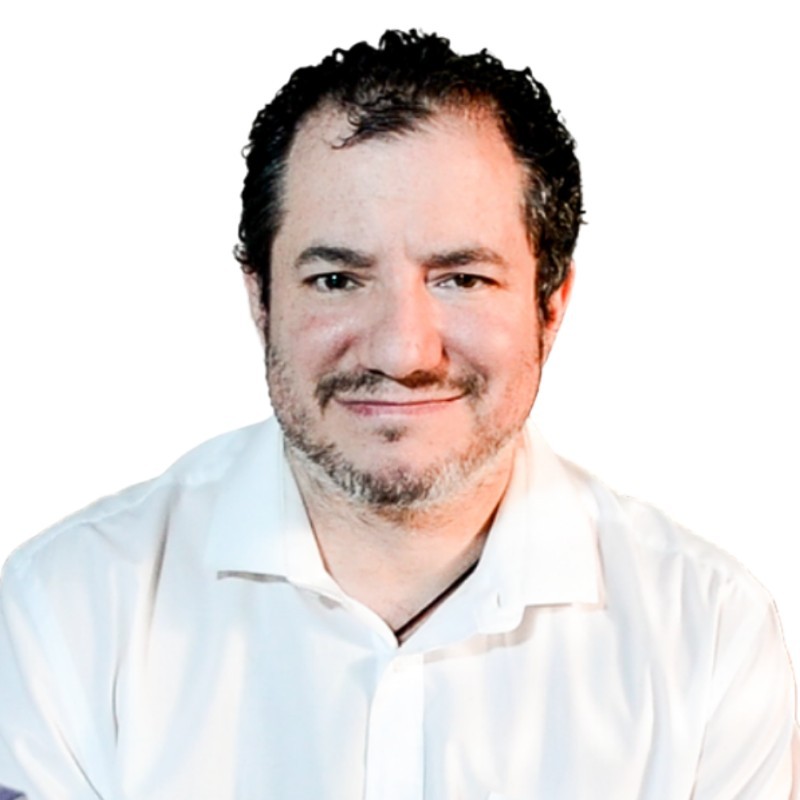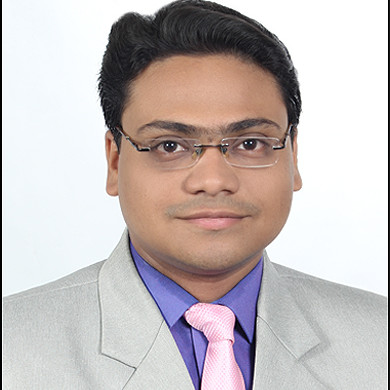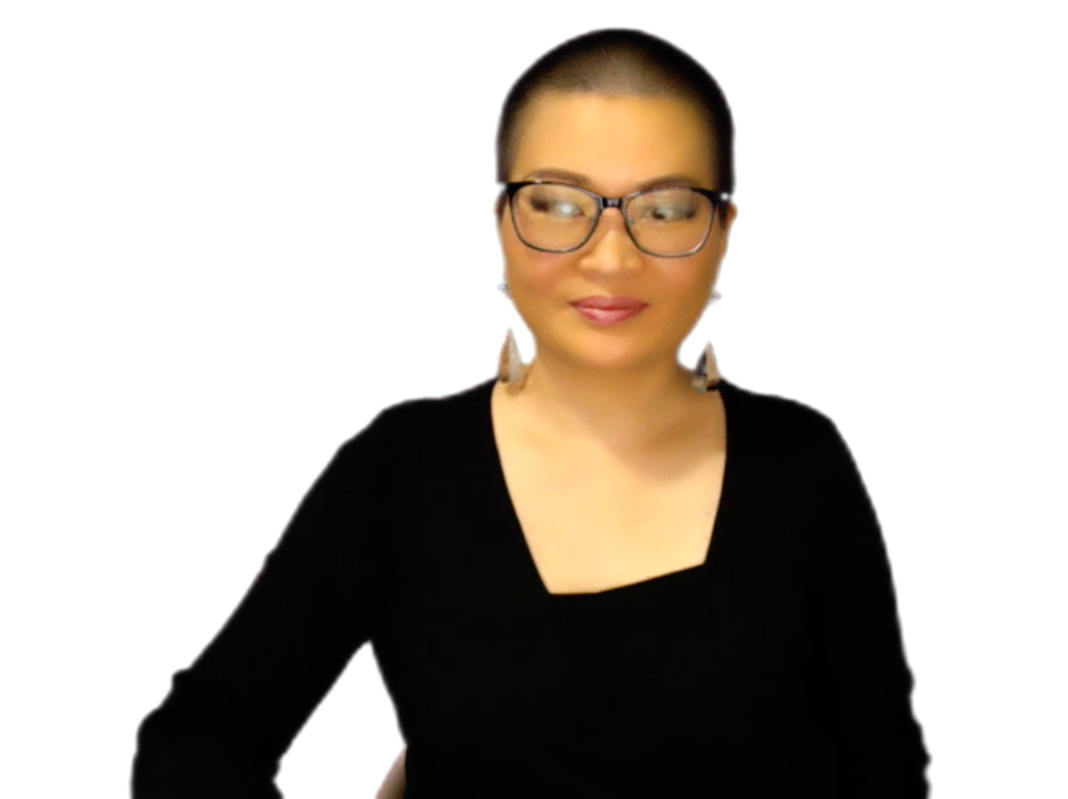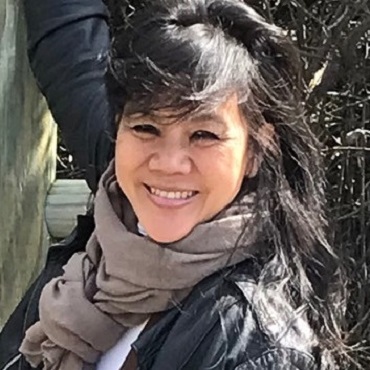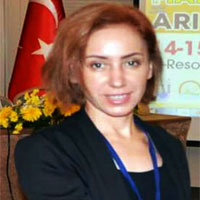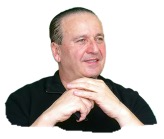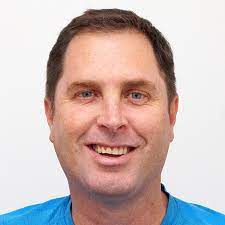Neurobiology is also known as Neural Science. It is the study of the nervous system, how the nervous system develops, its structure, and what it does, and its impact on behavior and cognitive functions. Neuroscience of Aging, Neuroscience of Wellness, Central Nervous System, Modern neuroscience, Interventional neurology.
-
Molecular and cellular neuroscience
-
Artificial Intelligence
-
Neuroinformatics and Computational Neuroscience
Neurological disorders affect the brain. The session involved with signs, causes, and treating methods of neurological disorders. Parkinson’s Disorders, Neurodegenerative diseases, Mental Disorders, Alzheimer’s Disease and Dementia, Neuromuscular Disorders, Neurogenetic and Neurometabolic Disorders, Seizures, Traumatic Brain Injury.
-
Movement Disorders
-
Headache
-
Neuropathy
Pediatric neurology focus on investigating, diagnose and treat conditions affecting the brain, spine, nerves, and muscles of children. Childhood Epilepsy, New therapies, Seizure, Chronic migraines, Developmental disorders, Memory loss, Changes in head size, Neural tube defects, Brain malformations.
-
Cerebrovascular malformations
-
Neonatal neurology
Clinical trials are experiments, interventions, development trials, or observations done in clinical research in neurology. Clinical and Translational Neurology, Trails on Stroke Prevention, Modern trails, Prevention trials, Screening trials, Treatment trials, Stem Cells Role in Neuro-Biological Treatment, type and development stage.
-
Trials of devices
-
Trials of procedures
-
Interventions
Neurogenetics studies the role of genetics in abnormal function and disorders of the nervous system. Abnormal function of the nervous system Neurological disorder, Neuro genetic disorder, Gene sequencing, Recombinant DNA.
-
Behavioral neurogenetics
-
Cross-species gene conservation
There is a history of viruses affecting the brain. The coronavirus may also show an impact on the functioning of the nervous system. Some COVID-19 impacts on the brain: Confusion, Loss of consciousness, Seizures, Stroke, Loss of smell and taste.
-
Headaches
-
Trouble focusing
-
Changes in behavior
Refer to of physiological interplay between the nervous system and the cardiovascular system. A stroke occurs if the clots develop inside the heart and consequently blood supply to part of your brain is interrupted or lessened, may become dislodged thereby blocking brain tissue from receiving oxygen and nutrients and causes stroke, Neuroanatomical and Neurophysiological aspects, Cardiac disorders, Frequent cerebral complications, Basic complications, Ischemic stroke, Hemorrhagic stroke, Thrombotic stroke, Stroke management, Stroke case reports, Intravenous therapy, Risk Factors.
-
Symptoms
-
Brain abscess, meningitis, and metastasis
-
Neurological issues due to strokes
It is the study of brain and spinal cord neoplasms, especially diagnosing and treating brain tumors and other tumors of the nervous system. Neuro oncological disorders, Spinal metastasis, Intracranial metastasis, Skull metastasis, Psychosocial advances in Neuro-oncology, Brain Stimulation and Imaging.
-
Cerebral Blood Flow and Metabolism
-
Human Brain Mapping
-
Radiation and chemotherapy
Neuroimaging is the use of techniques that image the function, structure or of the brain or nervous system. Neuroimaging techniques, Recent advancements, Magnetic resonance imaging. Magnetoencephalography, Cranial Ultrasounds.
Neuropsychiatry is the study of medicine which deals with mental disorders attributable to diseases of the nervous system Physchiateric genetics, neuropsychiatric disorders, cognitive neuropsychiatry, Physco oncology. Mind/brain monism, Psychiatric epidemiology, Mental illness and mental well-being.
Neurophysiology is the study of nerve cells as they were the medium to receive and transmit information. It is a branch of science that focuses on the functioning of the nervous system, Neurophysiology of pain, Surgical neurophysiology, Neuro physiology facilitation and respiration, Metabolic disorders in neurophysiology, Clinical neurophysiology.
-
Systemic neurophysiology
-
Addictive substance
Neuroimmunology is the study of every interaction of the immune and the nervous system, Immune drugs, Autoimmune disorders, Neuroinflammation, Research in neuroimmunology, Auto immune neuropathies. Neuroimmunological disorders, Injury, infections.
Psychiatry is the branch of medicine focused on the diagnosis, treatment and prevention of mental, emotional and behavioral disorders. A psychiatrist is a medical doctor (an M.D. or D.O.) who specializes in mental health, including substance use disorders. Both can treat mental illness with psychological treatments (talking therapies). However, psychiatrists attend medical school and become medical doctors before doing specialist training in mental health. Because they are doctors, psychiatrists understand the links between mental and physical problems.
Neurological surgery is the medical specialization involved with the diagnosis, prevention, surgical treatment of disorders that affect any portion of the nervous system and effects on spinal cord Pediatric neuro-surgery., Acute Transverse Myelitis., Cauda Equina Syndrome., Cervical Spondylosis and Spondylotic Cervical Myelopathy., Hereditary Spastic Paraparesis., Spinal Cord Arteriovenous Malformations (AVMs).
-
Spinal Cord Compression.
-
Spine surgery.
-
Myelopathy.
-
Common spine problems.
Neuropharmacology is the study of drugs that affect the function of the nervous system and focuses on the development and discovery of drugs that may be of benefit to individuals suffering from neurological disorders Behavioral and molecular Neuropharmacology, Neurotransmitters, Brain drugs, Testing of drug, Drug develpment, Drug discovery, Novel vaccines, drugs.
-
Neurochemical interactions
-
Research
-
Neurochemistry
Central nervous system’s functional disorders can affect the structure or function of the brain lead to shaking, stiffness, and difficulty in walking, balancing, starting with a barely noticeable tremor usually spells Parkinson's disease
Some stroke risk factors like gender, age, and family history, cannot be controlled. Lifestyle factors that may increase the risk of stroke include raised blood pressure, smoking, diabetes, high blood cholesterol levels, alcohol intake, unhealthy diet, and lack of exercise. Obesity, Exercise, Diabetes, Atherosclerosis.
-
Hypertension
-
Stroke scale
-
CHA2DS2-VASc
There are multiple causes in which cells of the central nervous system stop working or die. Neurodegenerative disorders are mostly genetic or caused by a medical condition such as alcoholism, brain injury, tumor, or stroke, toxins, chemicals, prion disease, or viruses Huntington's disease (HD), Spinocerebellar ataxia (SCA), Spinal muscular atrophy (SMA), Prion disease.
-
Memory loss
-
Anxiety
-
Apathy
Bipolar disorder, also known as manic depression or mental illness that induces severe mood swings also changes in sleep. Bipolar disorder can have which people feel emotional highs like over happiness and energized or very sad and hopeless Clinical depression, Persistent depressive disorder, Postnatal depression.
-
Stress
-
Seasonal affective disorder
The therapeutic advances are the advancements in medical diagnosis for neurological disorders. There are several therapeutic approaches for neurological disorders commonly used by therapists Chemical & biological therapeutics, Intravenous immunoglobulin (IVIg), Cytokine-based therapies, Enzyme replacement therapy.
-
Future therapeutic developments
-
Stem-cell therapy
-
Gene therapy
Dementia is a chronic brain disease causes memory disorders. Alzheimer's disease is a common type of dementia. Alzheimer's disease in which Brain cell connections and the cells themselves degenerate and die which eventually affects memory, language, and other important mental functions. Patients with Alzheimer's have at least one unprovoked seizure that usually occurs in later stages of the disease
-
Causes
-
Treatments
-
Nutritional supplements
-
Medication and therapies
-
Symptoms



